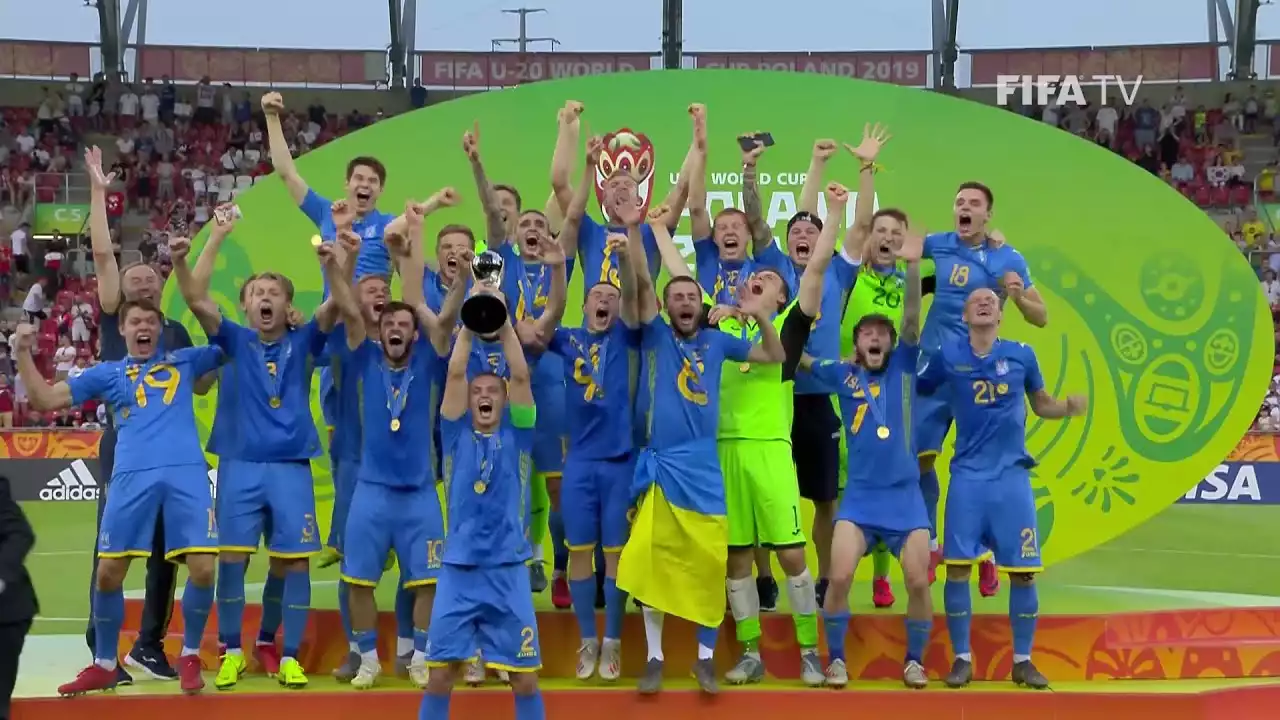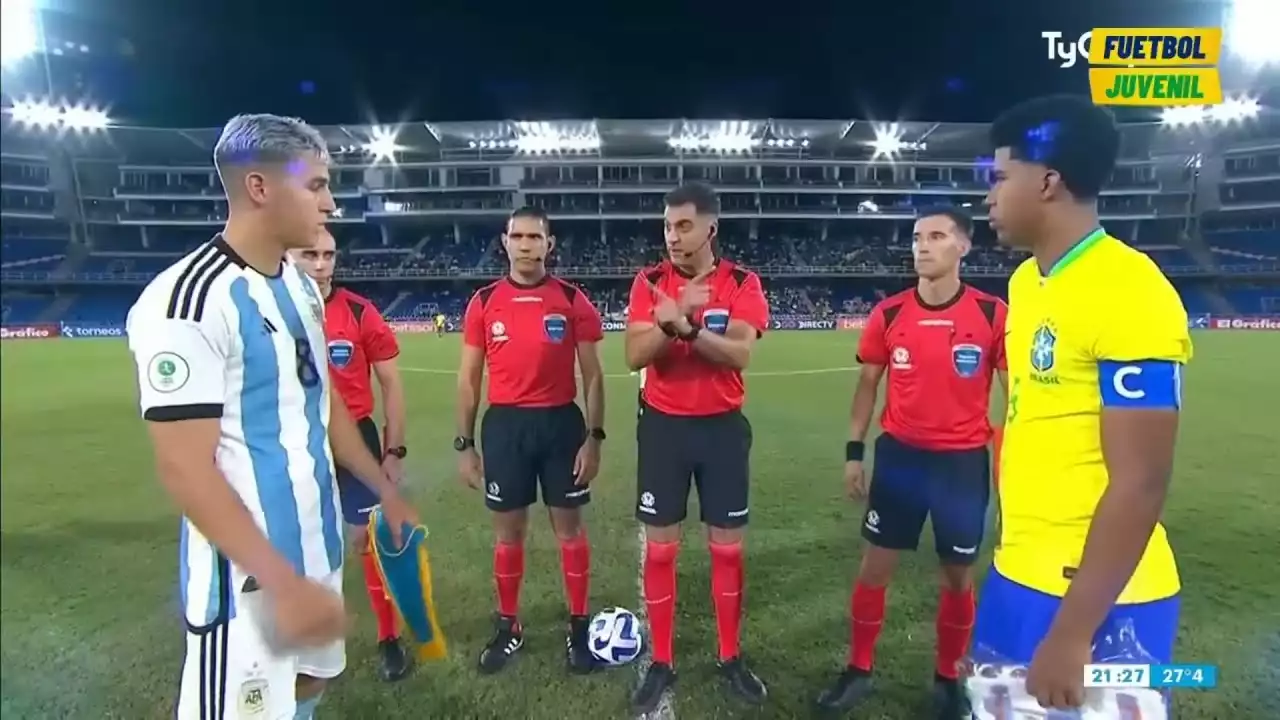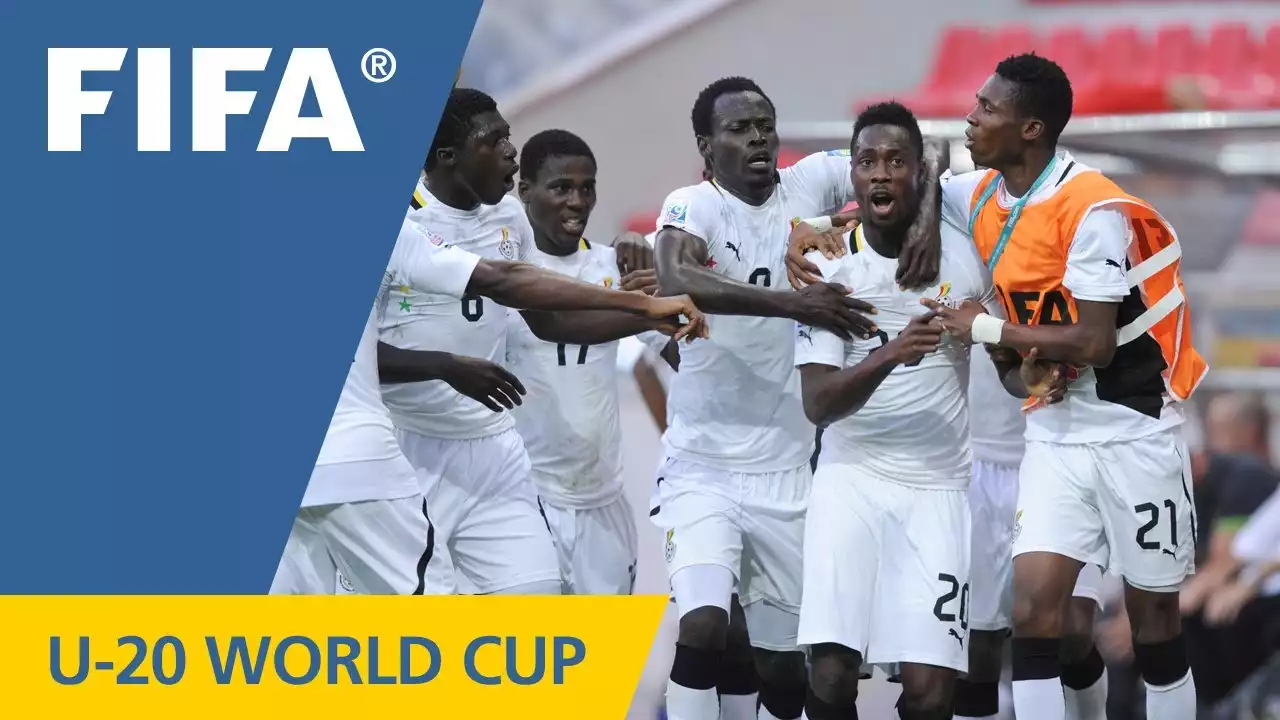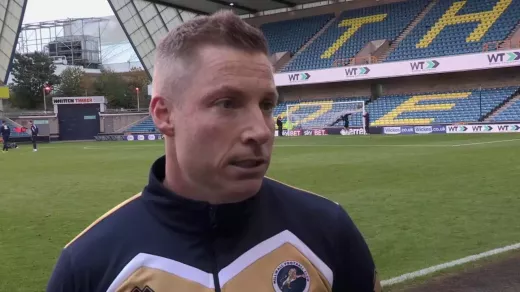Importance of preparation for national teams
The U-20 World Cup is a platform for young players to showcase their skills and make a name for themselves in the world of soccer. It is crucial for national teams to invest time and resources in their preparations to give their players the best chance of success. Preparation helps teams develop a clear game plan, build team chemistry, and enhance their physical and mental capabilities.
Preparation also allows teams to identify and address any weaknesses or gaps in their squad. Coaches and staff can work on improving individual skills and overall team dynamics. In a tournament as competitive as the U-20 World Cup, even the smallest details can make a significant difference in a team's performance.
The selection process for U-20 national teams
Before the actual preparations begin, national teams go through a rigorous selection process to identify the most talented players for their U-20 squads. Scouts and coaches closely monitor youth leagues, academies, and club competitions to assess players' skills, potential, and suitability for the national team.
Once the initial pool of players is identified, training camps and trials are organized to further evaluate their abilities and determine the final squad. The selection process involves considering factors such as technical skills, physical attributes, tactical understanding, and the ability to work well within a team.
Training camps and friendly matches
Training camps are an integral part of a national team's preparation for the U-20 World Cup. These camps allow players and coaching staff to spend concentrated time together, focusing on improving various aspects of the game. Intense training sessions are conducted to enhance players' fitness, technical skills, and tactical understanding.
Friendly matches against other national teams or club sides are also organized during these camps. These matches provide an opportunity for teams to test their strategies, evaluate their performance, and make necessary adjustments. It allows the coaching staff to assess individual players' form and their compatibility within the team.
Tactical and physical preparation
National teams invest significant resources in analyzing their opponents' playing style, strengths, and weaknesses. Coaches study match footage, analyze data, and strategize ways to exploit any vulnerabilities. Tactical preparation is vital to ensure that the team is well-prepared to face different styles of play and adapt their own strategies accordingly.
Physical preparation is equally important, as players need to be in peak condition to perform at their best throughout the tournament. Fitness coaches design tailored training programs to improve players' endurance, speed, agility, and strength. This includes a combination of cardiovascular exercises, strength training, and injury prevention routines.
Mental and psychological preparation
The U-20 World Cup can be an intense and high-pressure environment for young players. Mental and psychological preparation is crucial to help them stay focused, confident, and resilient. Sports psychologists work closely with the players to develop mental toughness, improve concentration, manage stress, and build self-belief.
Visualization techniques, goal setting, and positive reinforcement are commonly used to enhance players' mental capabilities. They learn how to handle pressure situations, stay calm under challenging circumstances, and maintain a positive mindset throughout the tournament.
Team bonding and chemistry
Building a sense of camaraderie and unity within the team is essential for success in any tournament. National teams organize team bonding activities and off-field events to foster strong relationships among players. These activities help players develop trust, understanding, and mutual respect, which translates into effective teamwork on the pitch.
Team bonding exercises can range from adventure activities to team dinners, where players and staff have the opportunity to interact in a relaxed environment. These activities create a positive team culture, improve communication, and strengthen the overall team dynamic.
Coaching strategies and game plans
Coaches play a pivotal role in the preparation of national teams for the U-20 World Cup. They develop strategies and game plans based on their analysis of opponents and their own team's strengths. Coaches work closely with their coaching staff to ensure that players understand and execute their tactical instructions effectively.
Game plans are designed to exploit the weaknesses of the opposition while maximizing the team's strengths. Coaches focus on developing a balanced and adaptable playing style that can evolve as the tournament progresses. They also emphasize the importance of discipline, teamwork, and individual responsibilities within their tactical framework.
Player development and scouting
Preparing for the U-20 World Cup is not just about the tournament itself but also about the long-term development of players. National teams invest in scouting programs and development pathways to identify and nurture young talent from a young age. This ensures a continuous pipeline of skilled players for future national teams.
Player development programs focus on enhancing technical skills, tactical understanding, physical attributes, and mental resilience. National teams work closely with clubs and academies to provide specialized coaching and support to promising players. This long-term investment in player development contributes to the overall success of national teams in international competitions.
The impact of preparation on performance
The U-20 World Cup is a showcase of the hard work, dedication, and preparation that national teams put into developing their young players. From the selection process to training camps, tactical analysis, and team bonding, every aspect of preparation plays a crucial role in a team's performance.
Preparation allows national teams to enter the tournament with confidence, knowing that they have done everything possible to give their players the best chance of success. It helps players develop their skills, build strong relationships, and cultivate a winning mentality.
As fans around the globe eagerly await the U-20 World Cup, they can appreciate the efforts and sacrifices made by national teams to prepare their players for this prestigious tournament. The U-20 World Cup is not just a competition; it is a platform for young athletes to showcase their talents and make a mark on the international stage. The impact of preparation on their performance should not be underestimated.










